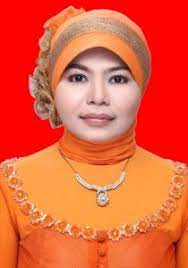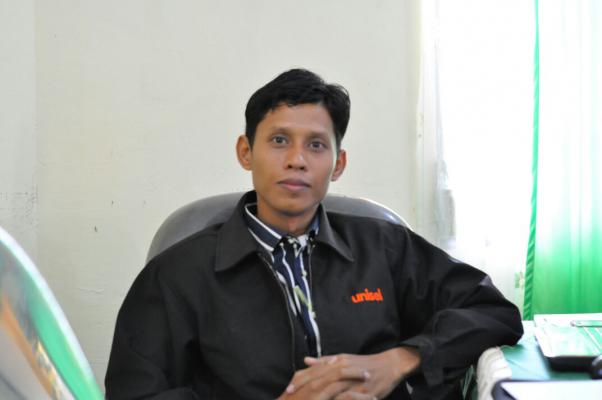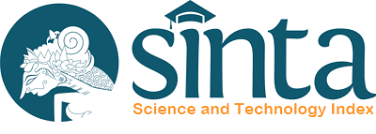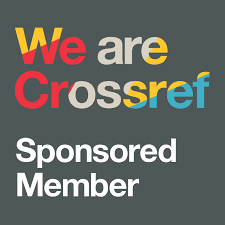ANALISIS STUDI KELAYAKAN BISNIS PADA PENGEMBANGAN UMKM USAHA TAHU DAN TEMPE KARYA MANDIRI DITINJAU DARI ASPEK PRODUKSI, ASPEK PEMASARAN DAN ASPEK KEUANGAN
Keywords:
Studi Kelayakan Bisnis. UMKM; Aspek Produksi; Aspek Pemasaran; Aspek Keuangan.Abstract
This study aims to determine the business feasibility of Karya Mandiri Tofu and Tempe Business, to determine the feasibility of the non-financial aspects and the feasibility of the financial aspects. Feasibility analysis uses analysis of non-financial aspects, namely aspects of production and marketing aspects. Meanwhile, the analysis tools used for the financial aspect use Payback Period (PP) analysis, Net Present Value (NPV), Internal Rate of Return (IRR), and Profitability Index (PI), to determine whether a business is feasible or not. The results showed that Karya Mandiri Tofu and Tempe Business from the aspect of business production was declared feasible, because the strategic location of the business was easy to reach by consumers, the technology used was modern, and the production process was easy. The marketing aspect is feasible, with high quality products, because the raw materials are imported, the price is affordable, so that all people can buy it, the distribution is quite wide, and the promotions the owner gives are enough to make consumers know the products they sell. And the results of the analysis from the financial aspect show that the Tofu and Tempe Business is said to be feasible to run with a project life of 10 years at a discount rate of 10%. The analysis of the eligibility criteria resulted in a Payback Period (PP) for 8 months and 7 weeks, a Net Present Value (NPV) of IDR 137,689,184, a Profitability Index (PI) of 1.14% and an Internal Rate of Return (IRR) of 32% .
Downloads
References
Abdullah dan Tantri. 2012. Manajemen Pemasaran. Jakarta: RajaGrafindo Persada.
Afifu Ummam. M. 2016. Analisis Studi Kelayakan Bisnis Pada Pengembangan UMKM (Studi kasus pada Industri Kecil Unit Pengolah dan Pemasar Ikan “Fatimah Az-Zahra Borobudur Kab. Magelang). Semarang: Program Studi Ekonomi Islam Fakultas Ekonomi Dan Bisnis Islam UIN WALISONGO SEMARANG.
Afrianto Putra. 2016. Analisis Studi Kelayakan Bisnis Dalam Tinjauan Islam Pada Perusahaan Penghasil Produk Minuman Di Makassar (Studi Aspek Pemasaran dan Manajemen Operasional Pada PT Coca – Cola Amatil Indonesia). Makassar: Fakultas Ekonomi Dan Bisnis Islam UIN ALAUDDIN MAKASSAR.
Dina Inayati, “Manajemen Operasional PamellaSswalaya Umbulharjo II Kota Yogyakarta”, Skripsi (Surakarta: Fak. Dakwah UIN SUNAN KALIKAGA, 2009).
Dedi Purwana & Nurdin Hidayat, Studi Kelayakan Bisnis, Jakarta: Rajawali Pers, 2016.
Fahmi, Irham. 2014. Studi Kelayakan Bisnis Dan Keputusan Investasi. Jakarta: Mitra Wacana Media.
IKAPI, Usaha Mikro Kecil dan Menengah, Sematang:CV. Duta Nusindo, 2010.
Johan Suwinto, Studi Kelayakan Pengembangan Bisnis, Yogyakarta: Graha Ilmu, 2011.
Jumingan, Studi Kelayakan Bisnis ( Teori dan Pembuatan Proposal Kelayakan ), Jakarta: Bumi Aksara, 2011.
Kasmir dan Jakfar.2012. Studi Kelayakan Bisnis. (edisirevisi). Jakarta: Kencana.
Sunyoto Danang. 2014. Studi Kelayakan Bisnis. Yogyakarta: CAPS (Center of Academic Publising Sevice).
Suliyanto, Studi Kelayakan Bisnis, (Yogyakarta, Andi Offset, 2010).
Syahyunan. 2014. Studi Kelayakan Bisnis. Medan: USU Press
Tambunan, Tulus, Usaha Mikro Kecil dan Menengah di Indonesia (Isu – Isu Penting), Jakarta: LP3ES, 2012
Sugiyono, Metode Penelitian Kuantitatif dan R&D, Bandung: Alfabeta, cet ke-17, 2012.
Sugiyono.(2010). Metode Penelitian Pendidikan. Bandung: Alfabeta.













